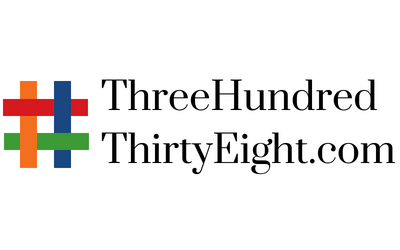By I Lam Ko
Gender pronouns matter nowadays. From the invention of neo-pronouns, such as xe/xem/xyr and ne/nym/nis, to guidelines in universities and public institutions to share and ask for one’s preferred pronouns, pronoun usage is trending.
Many perceive using special or preferred pronouns as a move to create an inclusive and non-heteronormative environment, whereas others see these extra efforts on creating new pronouns and clarifying each other’s preferred pronouns as ridiculous and restrictive to freedom of expression. Those who object using neo-pronouns or the person’s preferred pronouns are thought to be Conservative or a rightist
Gender pronouns seem to mirror one’s political ideologies.
Debate on Bill C-16
In 2017, Bill C-16 was passed to add “gender identity” and “gender expression” to the Canadian Human Rights Act and Criminal Code to protect gender-diverse people. This ignited the fiercest discussion of gender pronouns. Jordan Peterson, the clinical psychologist and professor emeritus at the University of Toronto, considered the bill as a product of Marxism to restrict freedom of expression due to its potential criminalization of pronoun misuse.
Brenda Cossman, a professor of Law at University of Toronto, refuted Peterson’s argument by explaining that the bill was not about gender pronouns but the protection of trans rights and that it was constitutional and would not punish pronoun misuse. She suspected that Peterson’s fear of compelled speech was a pretext for expressing rightist transphobic sentiments in Canada.
Bill C-16 protects gender-diversity
Peterson’s fear of freedom of expression perishing with the legislation of Bill C-16 in 2017, did not, or has not, come true in Canada. Cossman was right – the bill was not about gender pronouns but it is about the protection of gender-diverse people.
In 2016 Ontario, 20% of transgender people have been physically or sexually assaulted and 34% have been verbally threatened or harassed. Therefore, there is a need for the federal government to implement reasonable restrictions on treating vulnerable individuals who have been suffering from discrimination and harassment due to their non-conformity to social norms.
However, I was disturbed by how gender pronouns were characterized in the debate and how both arguments were about digging out and denunciating the opponent’s hidden “radical leftist” or “rightist” political agenda.
Are “gender pronouns” totally irrelevant or meaningless, and do they only operate as a political weapon in our discussion of Bill C-16?
Asking the right questions
While it is problematic to equalize the bill to a leftist scheme to enforce compelled speech and to restrict freedom of expression, I think that it is equally naïve to deem the discussion of gender pronouns as a rightist move to impede the bill. Such a split helps nothing but produces a simplified, polarized version of today’s political spectrum.
The discussion of gender pronouns needs not be a thorn in one’s political stance. We should not treat “gender pronouns” as merely a rhetorical weapon but as a key part of our process of defining “gender,” “gender expression” and “gender identity” as well as the boundary between respecting one’s “gender expression” and executing one’s “freedom of expression.”
In an opinion piece on Unherd, Andrew Doyle wrote that asking for one’s preferred pronouns and stating one’s preferred pronouns assumed that “we each have an inherent gender that has nothing to do with our bodies.” Meanwhile, Judith Butler, the gender theorist and the author of Gender Trouble, has questioned the clear-cut dichotomy between sex and gender.
As the definition of gender remains ambiguous and contested, shouldn’t we ask questions that help us define and/or refine the meaning of gender and gender expression that truly benefit trans or gender-diverse people?
Gender pronouns are indeed worthy of discussion and legislation. But we can create a far more fruitful discourse if we are willing to go beyond the limitations of reductive political labels.
